You’re awesome!
Do you know that?
You’re so awesome that it took 13.8 billion years to create you. You’re awesome because you are star dust. You traveled through the far reaches of space to get here at this time and this place.
The world needs what you and only you can give.
These are truths to think about when you’re in a negative space. When you’re thinking negative thoughts about yourself or your life. We quickly forget about how awesome it is that we’re here on this Earth at this time. Whether part of a master plan or a cosmic accident, it’s amazing that you and I are here.
That doesn’t mean that some days, some weeks, some years are harder than others. Here are five tips to use when you’re in a negative mental place and need to adopt a positive mindset:
Happiness isn’t a destination.
You’ve heard it before, but it bears repeating: Happiness isn’t a destination. If you always wait to arrive at happiness, you’ll never get there. I may ruffle feathers with this, but happiness is a choice. If you want to adopt a positive mindset, start there.
Misery loves company. It’s easy to gravitate toward — or be — the Negative Nancy or the Kelvin Killjoy. If you want to bitch about work, about politics, about last night’s game or anything, you’ll find comradery quickly. Negative people feed off negative people, which can lead to a perpetual cycle of negativity.
People proudly, often too proudly, proclaim that they’re quitting Facebook, taking a social media hiatus or completed a mass-unfollowing. They’re shedding negativity in some way, shape or form. They choose to stop feeding off negativity.
When you intentionally choose happiness every day, you’ll be happier.
Even a fake smile helps.
So, you’ve chosen to go against your “tude” and be happy.
What do you do? For starters, fake a smile. Even a fake smile releases dopamine, endorphins, and serotonin into our bodies. These hormones are known as the “happy chemicals.”
Just when you don’t want to smile is the perfect time to smile. Force a smile for yourself and then smile at someone else. Smiles are contagious, and the world would benefit from a pandemic of smiles. Plus, it will go a long way as you work to adopt a positive mindset.
Connect with awesome people.
We’re social creatures, even possibly social aliens as we are all made of stars. As I said, misery loves company, and some company is perpetually miserable. As Bob Proctor says, you don’t need to cut these people out of your life if they’re important to you. Just spend less time with them less frequently.
Replace your time spent with miserable people with individuals who lift you up. Better yet, as Lisa Nichols says, “Surround yourself with people who make you stand on your tippy toes.” They’ll help you become a better version of yourself.
If you fill your life with more positive people, you’ll feel more positive, and you’ll produce better results. When you harness this power of positivity, you can use it to help your less positive friends and family.
Have positively positive thoughts.
We often think we’re trying to be positive when we’re negative. As Jake Ducey says, when we think positively about getting the things we want, we’re coming from a place of lack. For example, when you say, “I know I can be more positive,” you’re acknowledging that you lack positivity and you’re in search of it. You don’t have it now. So, act as though you already have it.
Oprah said, “Be thankful for what you have; you’ll end up having more. If you concentrate on what you don’t have, you will never, ever have enough.” Oprah made no mention of paying attention to or focusing on what you’re lacking, not even to overcome a scarcity mindset.
We all want to end war, right? As Ducey shared, Mother Theresa used positively thinking positive thoughts best when she said, “I will never attend an anti-war rally; if you have a peace rally, invite me.” Anti-war demonstrations, the War on Drugs, the War on Crime and the War on Poverty are all counter-productive because they all start from a place of negativity.
If we focus on uplifting each other and the world, we’ll get more positive results.
Motivate yourself in the second person.
We all talk to ourselves. The problem is, as Mel Robbins says, “If others heard how we talk to ourselves we’d be put in an institution.” Too often we consciously and unconsciously speak to ourselves, negatively and it’s the unconscious negative talk about which we really should be concerned.
Positive self-talk in the first-person isn’t enough, though. Internal dialogue like, “I’m happy,” “I’m a good person,” “I can do this,” and other positive statements are acceptable. They’re certainly better than the opposite. However, research shows that there’s a better way to talk to yourself and it’s a way many of the most successful people speak to themselves.
Dr. Srini Pillay says that research shows that talking to yourself in the second person produces even better results. We like to compliment ourselves, but we value compliments from others more. Use this strategy in place of receiving the same validation from others.
The good news is that it’s positively possible to change your negative mindset and adopt a positive mindset. It just takes a little bit of faith and trying some unique, even seemingly weird tricks to turn that frown upside down.
Oh, if none of the above helps, go to Toys R Us. One can’t stay negative playing with children’s toys.
Every single blade of grass,
And every flake of snow –
Is just a wee bit different …
There’s no two alike, you know.From something small, like grains of sand,
To each gigantic star
All were made with this in mind:
To be just what they are!How foolish then, to imitate –
How useless to pretend!
Since each of us comes from a mind
Whose ideas never end.There’ll only be just one of me
To show what I can do –
And you should likewise feel very proud,
There’s only one of you.That is where it all starts
With you, a wonderful
unlimited human being.“One and Only You” by James T. Moore

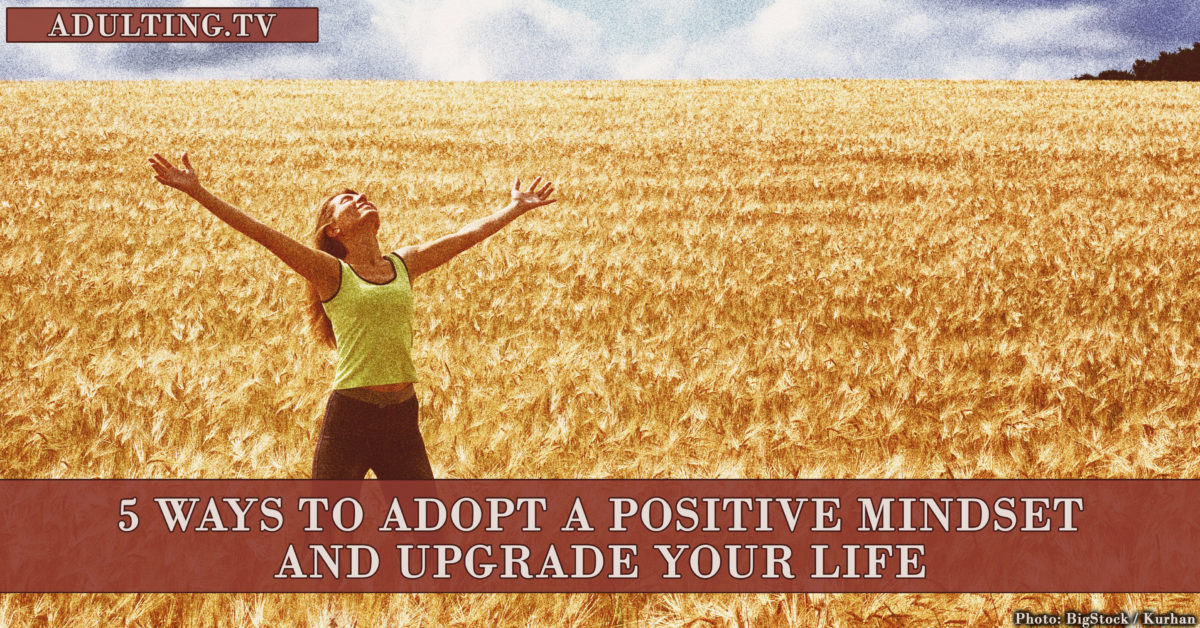
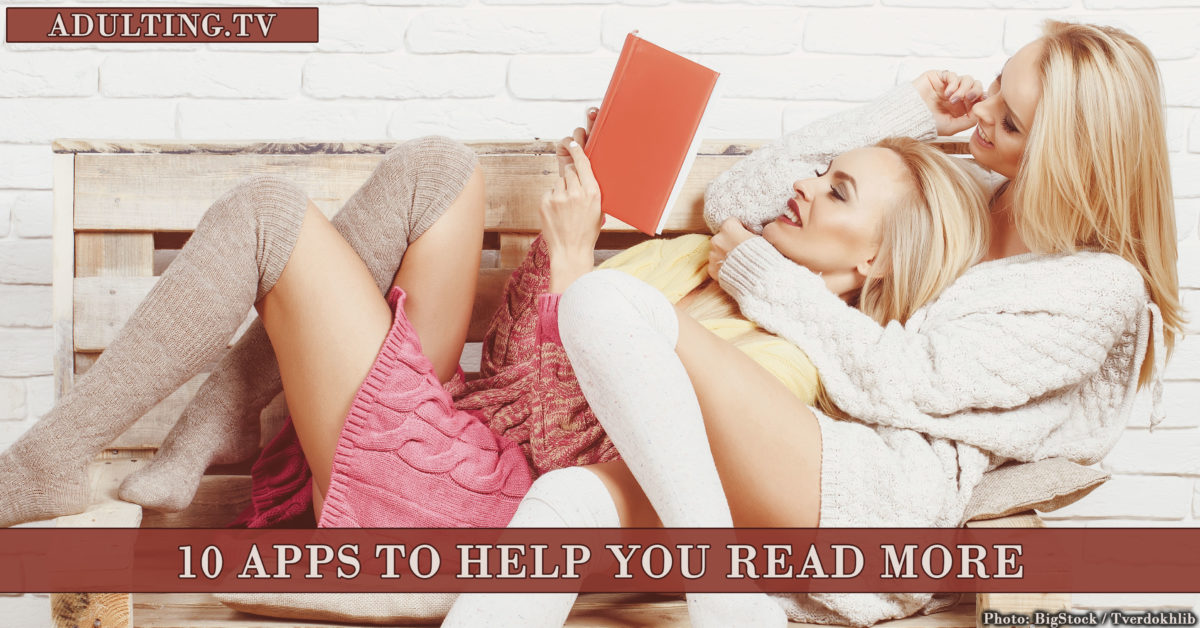
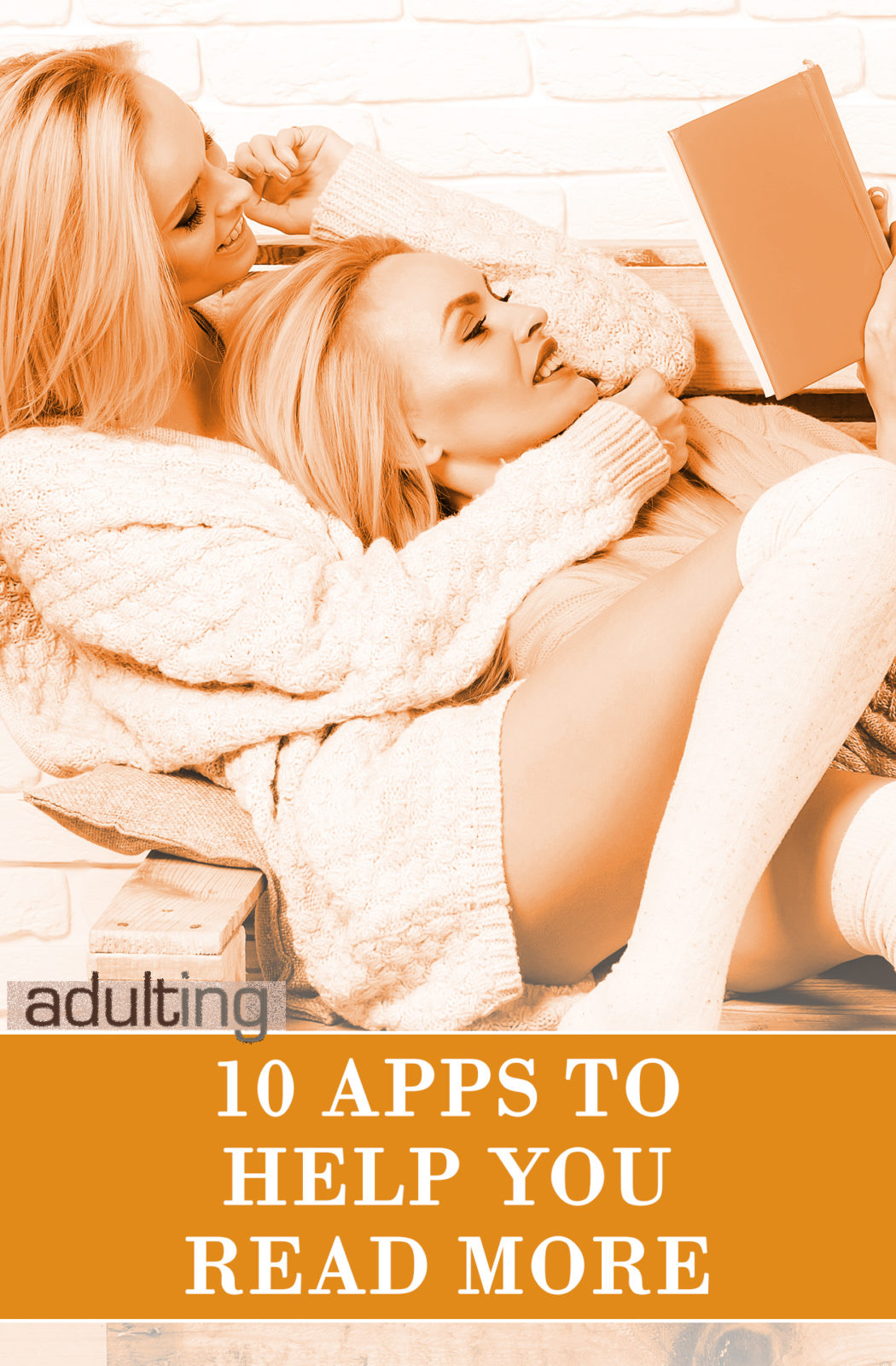
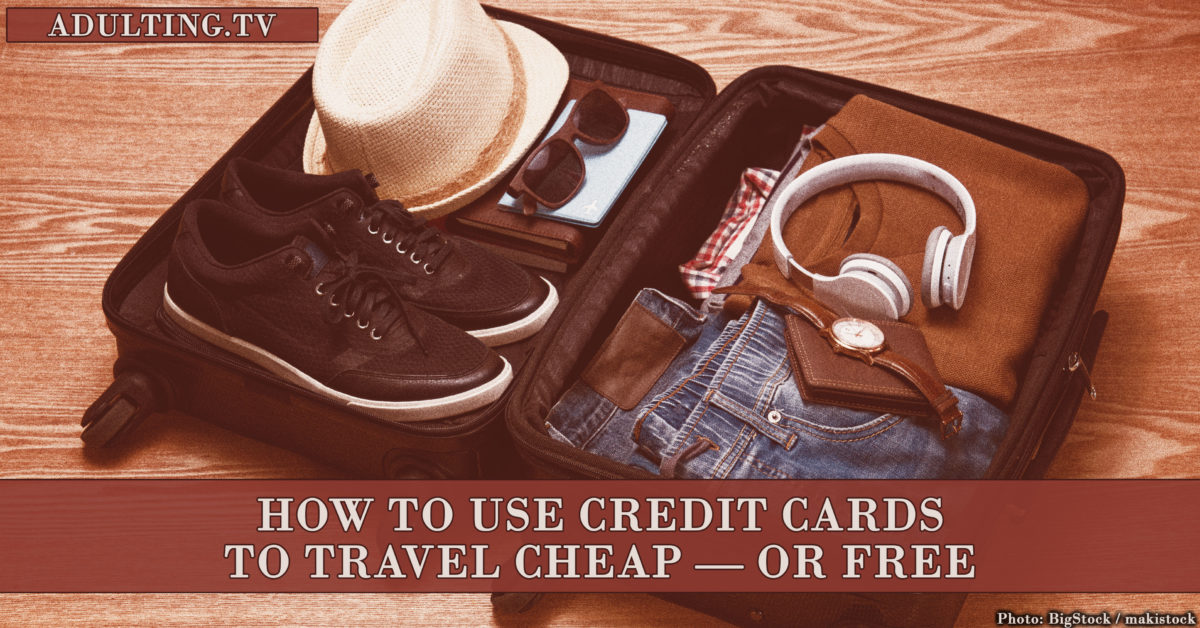
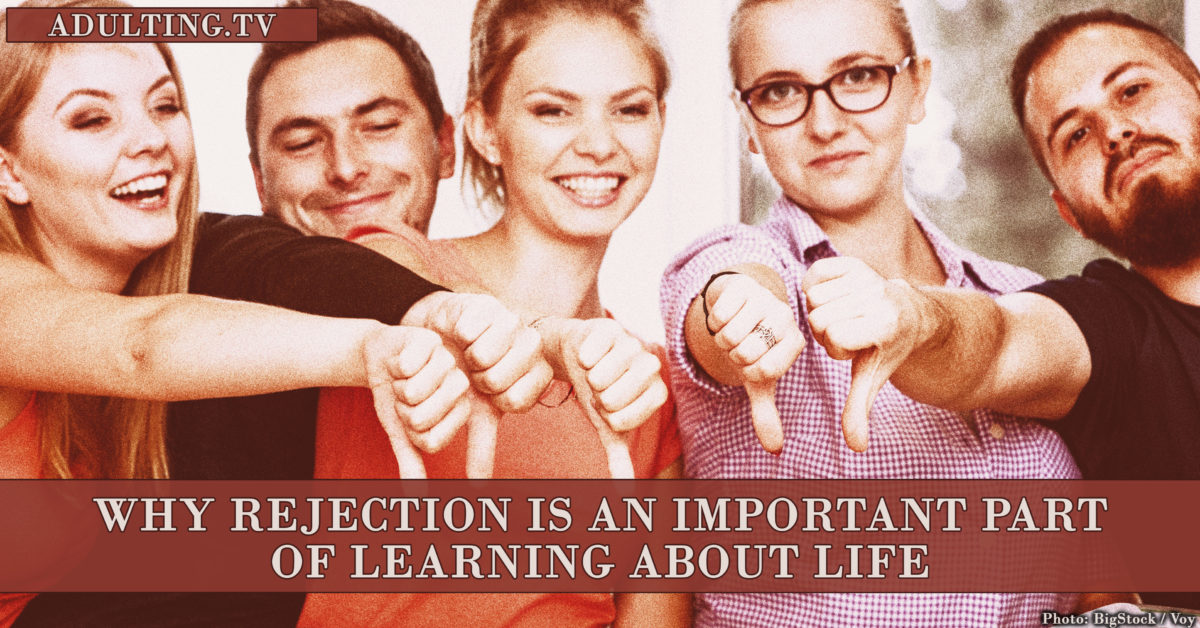
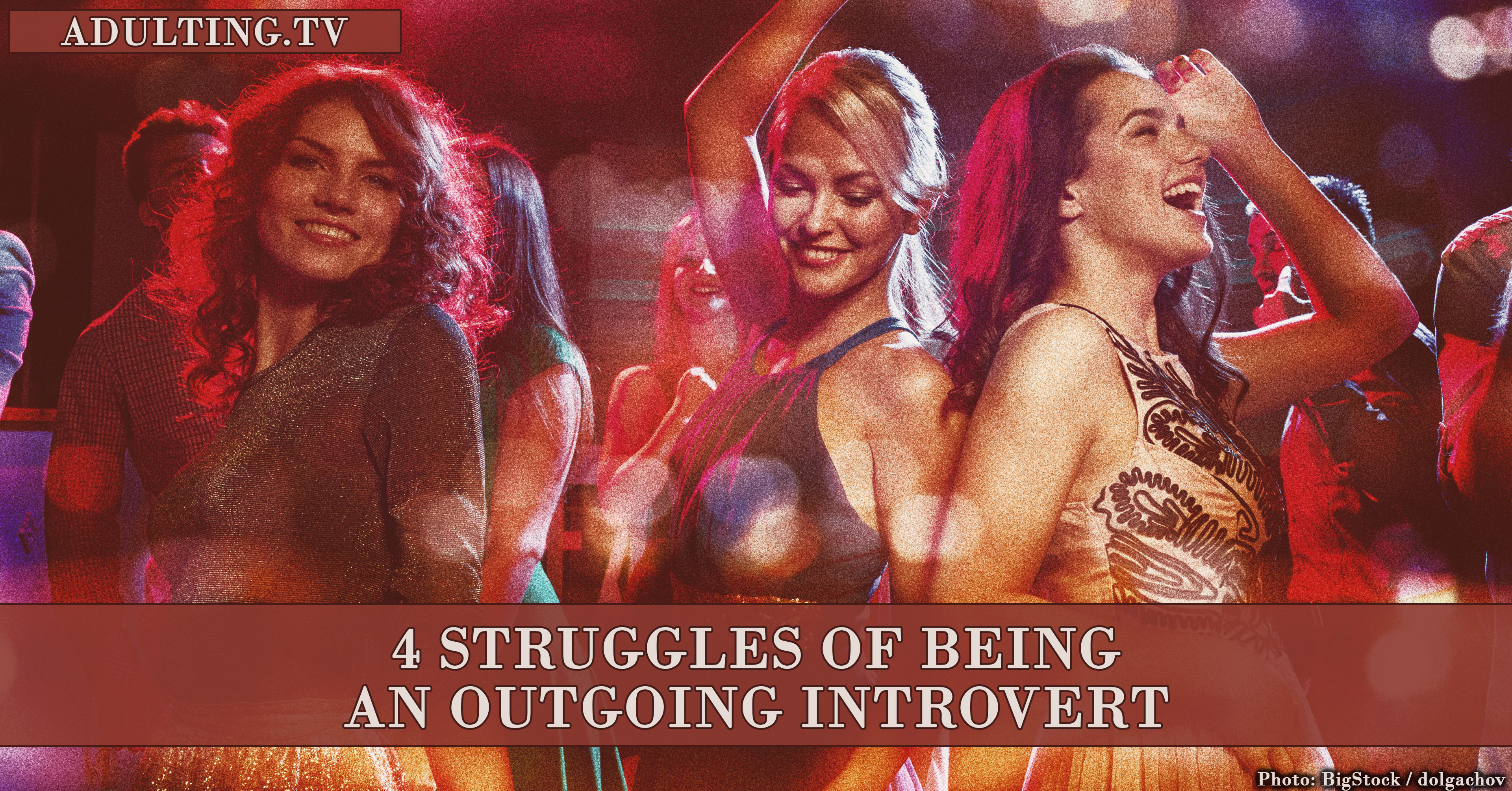
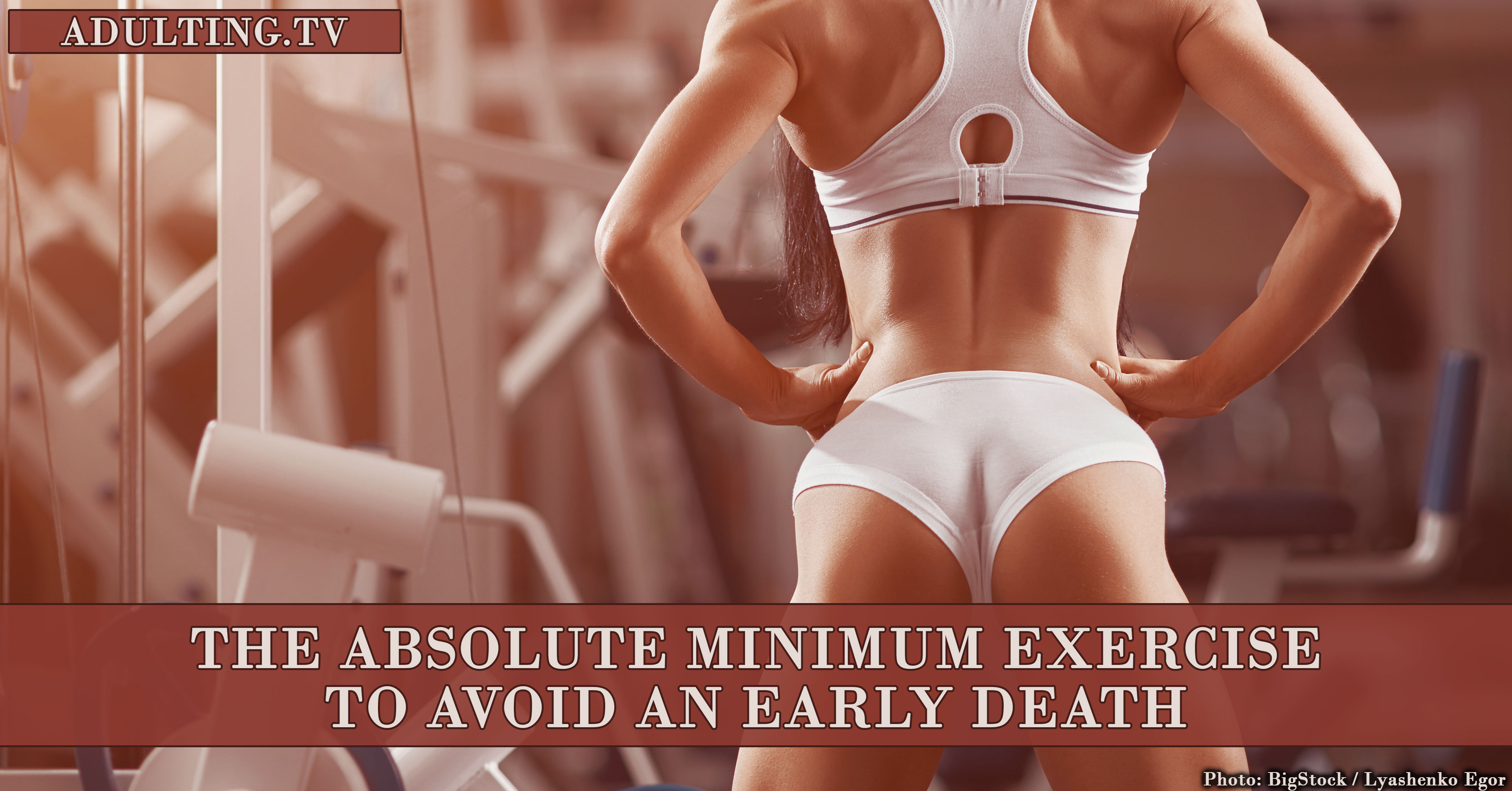
![[A070] Turnt: Handle the Drinks Like a Pro](https://adulting.tv/wp-content/uploads/2017/05/a070.jpg)


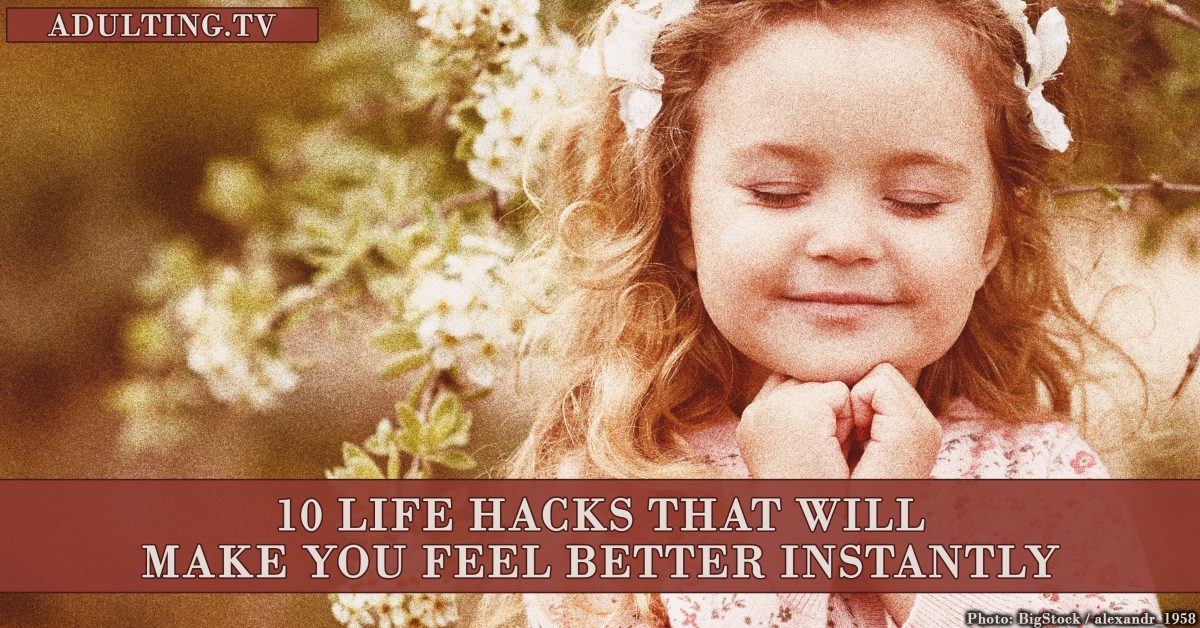
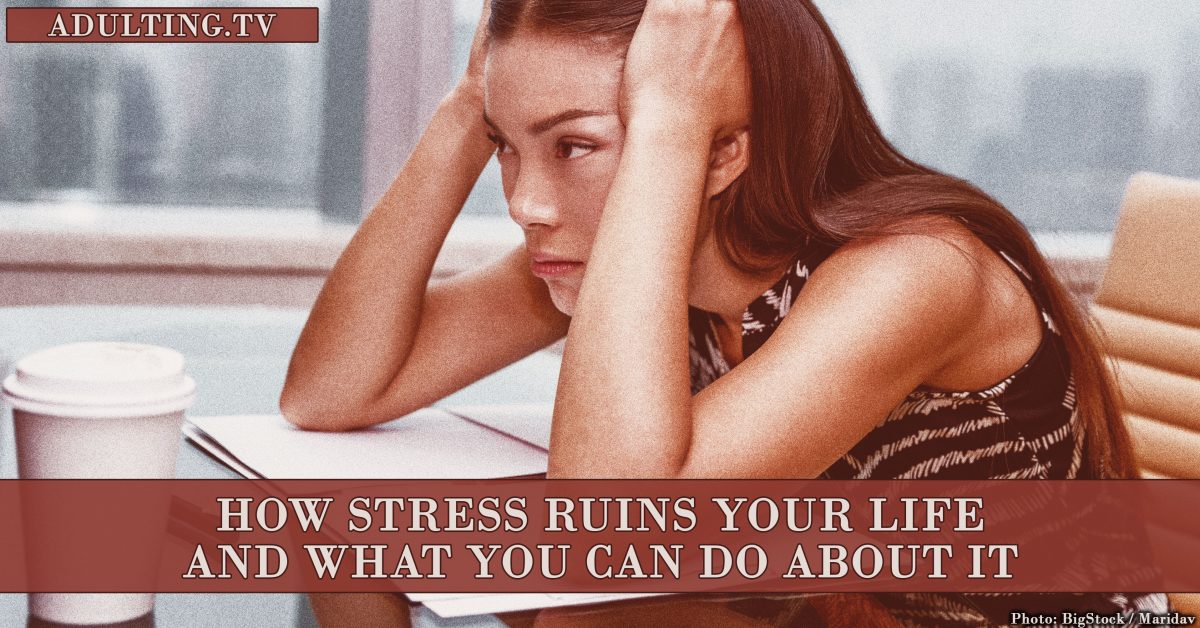
![[A066] Those Tough Choices: Do the Right Thing](https://adulting.tv/wp-content/uploads/2017/04/a066-1200x628.jpg)


